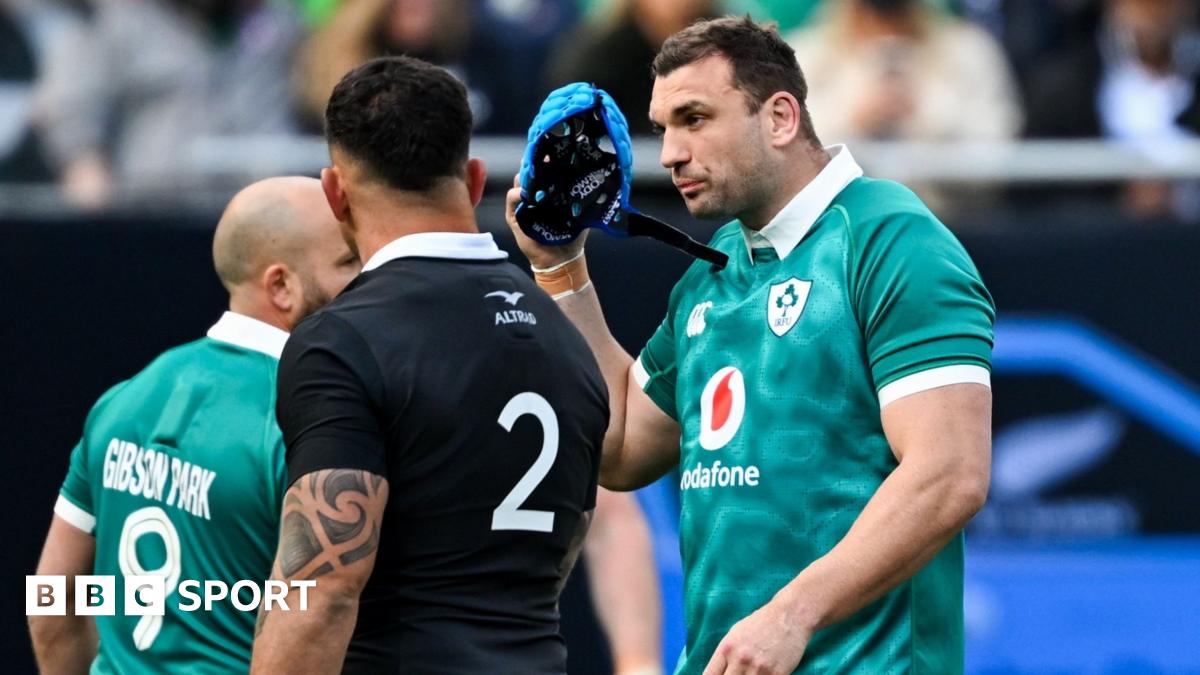Former England and Lions wing Ugo Monye, who sits on World Rugby’s High Performance committee, adds: “There needs to be a recalibration. On some of those decisions, it felt obvious [what the decision should be] but for some reason this month it seems to have been poorly managed. I can live with the team of officials getting it wrong, but I have less grace with the bunker officials getting it wrong.”
One suggestion is to drastically reduce the amount of TMO interference, empowering the on-field referee to make quick and unilateral decisions.
Another is to have high quality referees as TMOs, to give the on-field referees the best possible guidance.
Officials centrally contracted to World Rugby could also help with consistency, given referees interpret the game differently from league to league, tournament to tournament, and hemisphere to hemisphere.
Meanwhile luminaries in the game, such as Eddie Jones, have long advocated limiting the number of replacements in a bid to increase fatigue, open up space, and reduce the number of collisions.
For Ashton, referees need to get pace into the game from the off.
“The refereeing has been bang average and it is frustrating the life out of me,” he says.
“Luke Pearce was outstanding in the France v Australia game. From minute one he was speeding the game up. But then we come to England v Argentina, and the referee is letting a player tie his shoelace for a minute.”
“The whole thing has been put under the spotlight, and World Rugby probably has to get hold of it,” Care continues.
Despite the concerns, England boss Steve Borthwick feels the international game is in rude health.
“I think Test rugby is in a really good place. So many games are going down to the final quarter with one score,” he told the Rugby Union Weekly podcast.
“I sat and watched the Ireland against South Africa game and I thought it was gripping. Yes there were [lots of] TMOs, but there was a whole lot of tension within them. I think from a spectator point of view, it is very good.”
“We don’t need to change it all and risk tweaking the laws too much,” adds Monye.
“For the best part of 18 months, I don’t think there have been too many complaints about the game and how it’s been refereed.
“But I do think it has come to a head this autumn and I would love to see how it filters into the Six Nations. A tweak is needed, but not an overhaul.”
The aforementioned Six Nations will be hugely anticipated, and should be another classic, while 2026 also sees the inaugural Nations Championship in the men’s game. There is lots to look forward to.
That is followed in 2027 by the Rugby World Cup, which promises to be the biggest yet. But whether it is the best will depend on how the sport keeps adapting to its many challenges.

